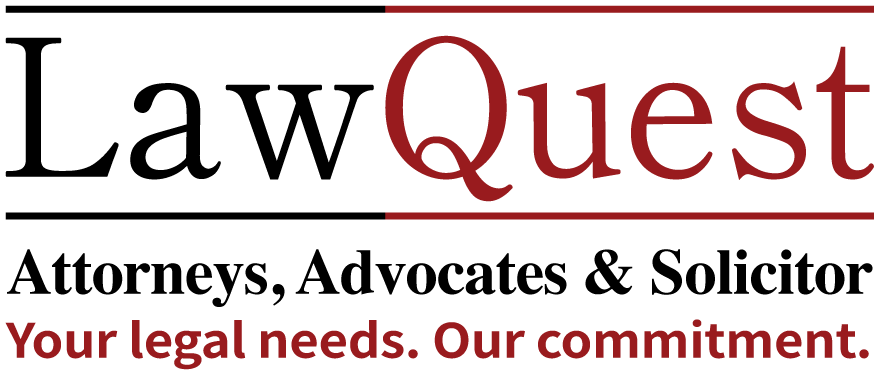Students on OPT status do not need new work visa if they do not need new work visa if they do not have to leave the US.
The US mission in India has recently announced that a record 82,000 student visas have been issued in 2022 and Indian students have received more US student visas than any other country. Even as the number of Indian students going to campuses in the US goes up, the number on optional practical training visas, too, has seen a sharp rise over the past few years. For Indian students, OPT is an option to work in the US after their studies. According to the Open Doors survey in November 2020, which tracks international student numbers, there were 81,173 Indian students enrolled for the OPT programme.
International students on F-1 visas at US universities are eligible for OPT, temporary employment directly related to the applicant’s major area of study. Students on F-1 visas who finish their courses in the US, do not need a job offer to apply for OPT. The applicant may work for more than one employer or job, but all employment must be related to the degree programme that they have studied. Employment must be for a minimum of 20 hours per week.
While all international students can apply to receive up to 12 months of OPT employment authorisation before completing their studies (pre-completion) and/or after completing their academic studies (post-completion); the STEM (science, technology, engineering, and mathematics) OPT programme permits F-1 students earning bachelors, masters, or doctoral degrees in certain fields to remain in the United States for up to 36 months to work in their field of study. To be eligible for the 24-month OPT STEM extension, the applicant must be employed by, or have a job offer from, an employer who is registered with the E-Verify employment verification system operated by the Department of Homeland Security (DHS) in partnership with the Social Security Administration. Such employment must be paid and full-time.
Even as OPT provides flexibility for Indian students to remain in the US after they finish their study programmes; applicants need to maintain legal F-1 OPT status during the entire period of employment. “Evidence must be acquired from the employer to verify that those on OPT status worked at least 20 hours per week during the period of employment. Once the post course completion OPT period starts, one must not accrue more than 90 days of unemployment within the dates on the EAD (employment authorisation document),” says Mumbai and Florida based immigration lawyer Poorvi Chothani. Post-completion OPT is any portion of OPT used after the student’s programme end date while pre-completion is any portion of OPT used before the student’s programme end date.
Chothani adds that applicants should submit an OPT update and report employment on the office of international students and scholars (OISS) student portal in order to stop the unemployment counting in Student Exchange & Visitor Information System. “Any time spent outside the United States, if not employed by a US employer, is counted towards the 90-day period of unemployment.
Unemployment days are cumulative, so if the OPT holder is employed for less than the length of the OPT time and begins to look for another employer, they do not get an additional 90 days of unemployment,” Chothani says.
Those who have not been unemployed for 90 days of post-completion OPT or 150 days of post-completion and STEM OPT extension periods, are given a 60-day grace period following the completion of the OPT. “This grace period is meant to give time to prepare for departure from the US unless the holder of the OPT visa successfully adjusts their status to a different type of visa or has enrolled in another approved graduate programme,” Chothani said.
In a recent interview to a news agency, US minister counsellor for consular affairs in India, Don Heflin, said that Indian students who are in the US on OPT and were travelling back to India, would need to get
a visa stamped on their passports before returning to the US. This summer, Indian students on F1 OPT visas, who travel to travel to India, have been given the flexibility of dropbox appointments, which means they don’t have to appear for in-person visa interviews to get their passports stamped. However, Indian students in the US, who are approved for OPT and have work authorisation (EAD) and a valid student visa status both with their university and United States Citizenship & Immigration Services (USCIS) do not need to get a new visa if they are not leaving the US.
F-1 OPT holders may change their status to other visa categories. “Frequently, OPT holders change their status to H-1B work visas depending on whether they wish to continue working with their OPT employer who is willing to sponsor them or if they have found a new employer who is willing to sponsor their H-1B. Either way they will need to be selected in the H-1B lottery,” says Chothani.
While OPT is a benefit of F1 status that allows students to work for one year ( possibly longer if the student is eligible for an extension), H-1B is a separate non-immigrant classification specifically for employment. The sponsoring employer must file an H1-B vias petition as ‘Change of status’ within a stipulated time. “Generally, once the H1-B visa petition is approved, the student’s status changes from F-1 (OPT) to H-1B from October 1 of that year. There is no need to procure a visa stamp to begin working on H-1B status. However, if the individual leaves the US, he or she will need a new H-1B visa to return to the US to work on H-1B status,” Chothani says.
